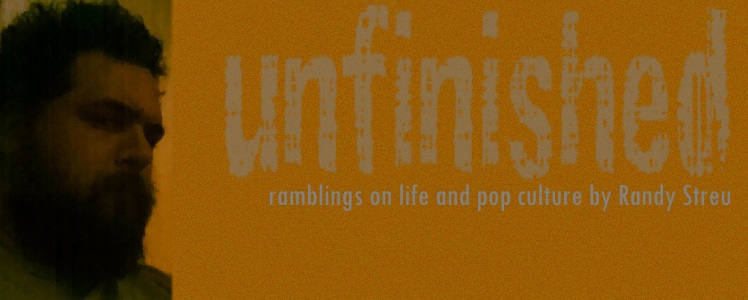 |
| Seven years ago... |
Becoming a Father is, generally, easy. In the case of my little girls (who turn four in February), this was absolutely the case. Easy, and a little accidental. Less so in the case of our first- and second-born (Lindy was "born" two minutes behind her brother), but that's a story for another day. Still, even with the difficulties along the way, when you compare it to DADDYhood, fatherhood is a walk in the park.
One of the first thoughts I had when I found out I was having both a son and a daughter was, how on earth are we going to raise them? How do I raise my son to be a the kind of man who other men can look up to; the kind of whom I can be proud to point and say, "that is my boy?" How do I raise a little girl who will understand and believe that she can do whatever she wants to do, and be whatever she wants to be; who knows that she is loved beyond anything she could ever fathom; who values knowledge and love and family?
How can I raise kids who will follow the Will of God, when I still struggle on a daily basis to do exactly that?
Becoming a father is simple. Any idiot with functioning parts can sire a child -- and many do. But being a Dad? Being in their lives and helping them to make good choices and become responsible members of the human race who will love God and their fellow man more than they love themselves? Impossible.
Except.
 It's not possible to think of my kids' birthday without thinking of another, far more famous birth.
It's not possible to think of my kids' birthday without thinking of another, far more famous birth.Yes, I know (in fact, most people know) that Jesus Christ wasn't born on December 25, 0 BC or 1 AD, or however it's actually labelled (I never really understood the system, to be honest). I also know that The Church co-opted a pagan holiday in order to give pagan cultures being integrated into Christian society something to celebrate other than nature and various other gods (and in fact, that this was also the basis for Easter). Nevertheless, no other figure in History has made such a significant and lasting impact on global culture than has Jesus Christ, and you know, correct date or not, his birth OUGHT to be celebrated. All of which is to say, I don't care that He wasn't born on 12/25, so don't bother. I celebrate His birth on that day, and so do my wife and my children.
So, within the span of three days, we celebrate the birth of our oldest children, and of God's only Son, and I remember: I'm not the only man on earth who ever had to raise children. And, really, I have it easier than many. Look at Joseph: a guy who had to adopt the very Son of God! How inadequate he must have felt! I have to raise my Gifts from Heaven to live a life serving God; Joseph had to raise a Son who would save the world!
I don't know how Joseph did it; but I know now about the Hope that was born -- whatever day that was. And I know that, no matter how else I screw it up, if I can pass that Hope onto my own children, and remind them of the importance of that Holy Birth we celebrate right after their own, then they will be able to overcome whatever mistakes I make in raising them.





